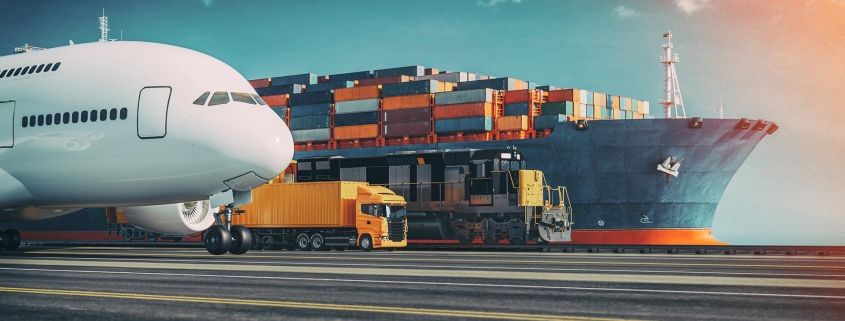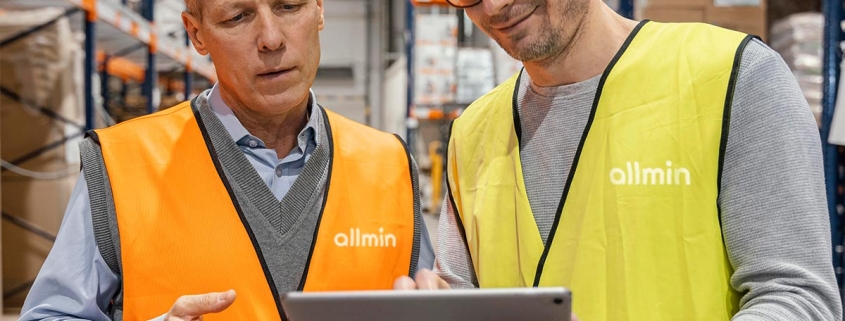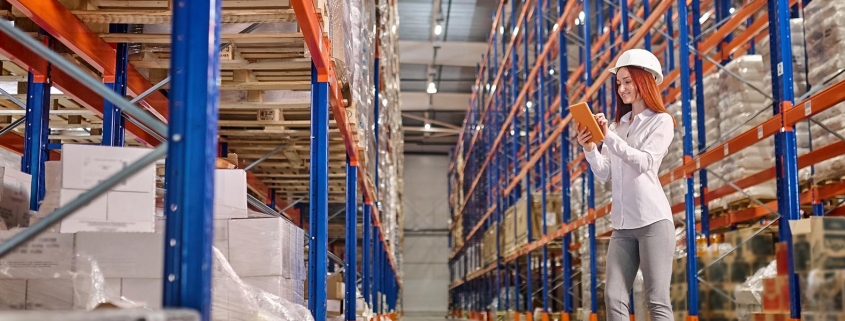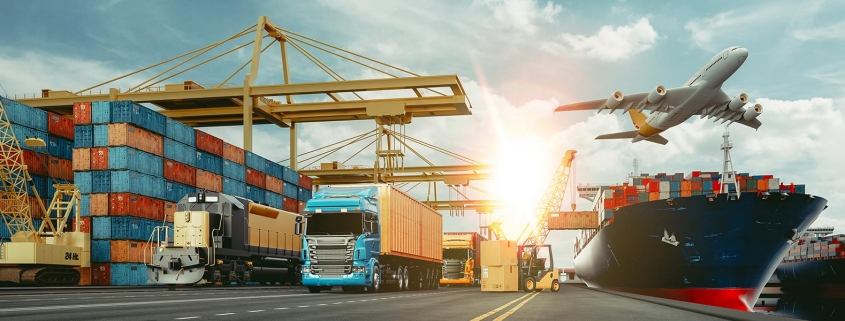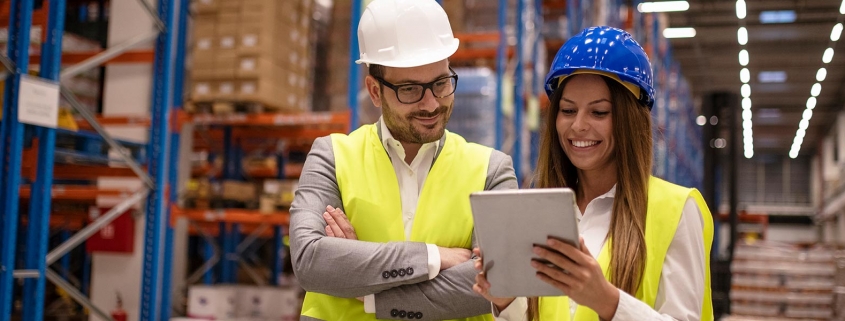Hello everyone! Today I want to share with you how to enhance talent development and team building in the field of international logistics, contributing to a smoother global logistics network! ??
In international logistics, talent development is a crucial aspect. Firstly, we should prioritize education and training, providing comprehensive opportunities for professional knowledge and skill development, enabling employees to continuously grow and learn. Additionally, encouraging participation in industry-related events allows employees to broaden their horizons and stay updated with the latest international logistics trends. Only through continuous learning can we adapt and respond to the changing environment.
Furthermore, team building is equally important. A well-coordinated and efficient team can improve work efficiency and service quality. We can organize regular team activities to strengthen communication and collaboration, fostering team spirit and cohesion. Moreover, by setting clear responsibilities and goals, we can unleash the potential and motivation of team members, creating a vibrant and positive team environment.
By strengthening talent development and team building, we can make a greater contribution to the smoothness of global logistics! Let’s work together to build a more efficient and sustainable international logistics system! ??
#InternationalLogistics #Teamwork #EfficientService



